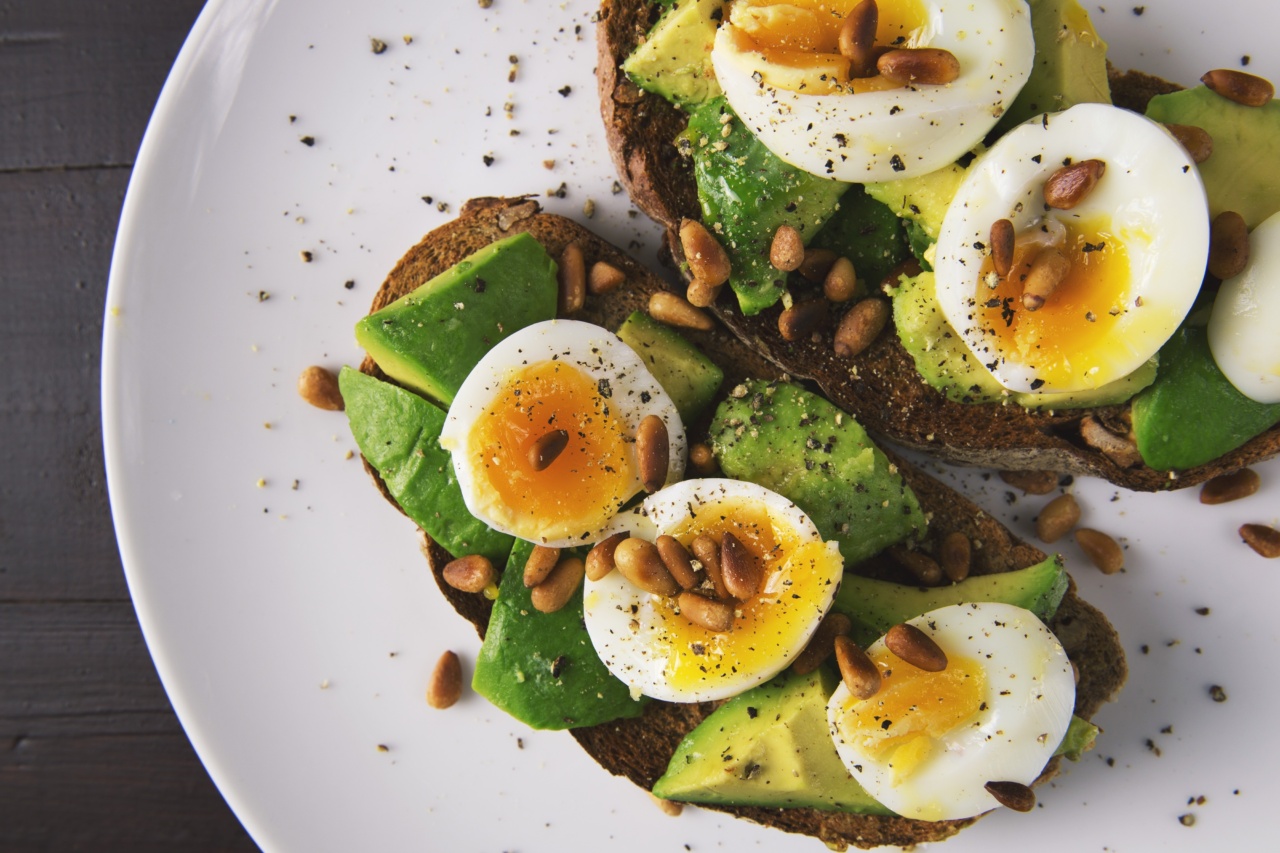Collagen is the most abundant protein in our bodies, accounting for around 30% of our total protein. It is a vital component of our skin, bones, tendons, ligaments, and cartilage.
Collagen production naturally declines as we age, which can lead to wrinkles, joint pain, and a loss of skin elasticity. However, we can boost collagen production through our diet by eating foods that contain collagen-boosting nutrients.
Vitamin C
Vitamin C is essential for collagen production. It helps to convert the amino acids proline and lysine into collagen, which is then used to build and repair skin, bones, and other tissues.
Foods that are high in vitamin C include citrus fruits, strawberries, kiwi fruit, bell peppers, broccoli, and kale.
Zinc
Zinc is another nutrient that is crucial for collagen synthesis. It helps to activate enzymes that are involved in collagen production. Zinc can be found in foods such as oysters, beef, pork, chicken, beans, and nuts.
Amino Acids
Amino acids are the building blocks of proteins such as collagen. Our body requires a variety of amino acids to produce collagen. Some amino acids, such as proline and glycine, are especially important for collagen synthesis.
Foods that contain high levels of these amino acids include bone broth, gelatin, and organ meats such as liver and kidney.
Vitamin E
Vitamin E is an antioxidant that helps to protect collagen from damage caused by free radicals. It also plays a role in collagen synthesis. Foods that are high in vitamin E include almonds, sunflower seeds, spinach, avocado, and sweet potatoes.
Sulfur
Sulfur is an important mineral for collagen formation. It helps to maintain the structure and flexibility of collagen fibers.
Foods that are rich in sulfur include garlic, onions, eggs, and cruciferous vegetables such as broccoli, cauliflower, and cabbage.
Bone Broth
Bone broth is a rich source of collagen and other nutrients that are important for collagen synthesis. It is made by boiling bones and connective tissue from animal sources such as chicken, beef, or fish.
The collagen and other nutrients from the bones dissolve into the liquid, creating a nutrient-rich broth that can be used in soups, stews, or as a base for sauces. Bone broth also contains glycine and proline, two amino acids that are essential for collagen synthesis.
Hydration
Staying hydrated is also important for collagen production. Dehydrated skin is more susceptible to wrinkles and fine lines.
Drinking plenty of water helps to keep skin hydrated and plump, which can help to reduce the appearance of wrinkles and other signs of aging.
Limit Sugar and Processed Foods
Eating too much sugar and processed foods can damage collagen fibers, making it more difficult for our body to repair and rebuild the collagen in our skin and other tissues.
To boost collagen production, consider limiting your intake of sugary snacks, soda, and processed foods.
Exercise
Exercise can also help to boost collagen production. Activities such as weightlifting, yoga, and pilates can help to stimulate collagen production by putting stress on our bones, tendons, and ligaments.
This stress triggers our body to produce more collagen to repair and rebuild the tissues.
Conclusion
Collagen is an essential component of our skin, bones, tendons, ligaments, and cartilage. Eating a diet that is rich in collagen-boosting nutrients can help to stimulate collagen production and maintain healthy, youthful-looking skin and other tissues.
By incorporating foods such as bone broth, citrus fruits, nuts, and vegetables into your diet, you can help to promote collagen synthesis and maintain the health and vitality of your body.































